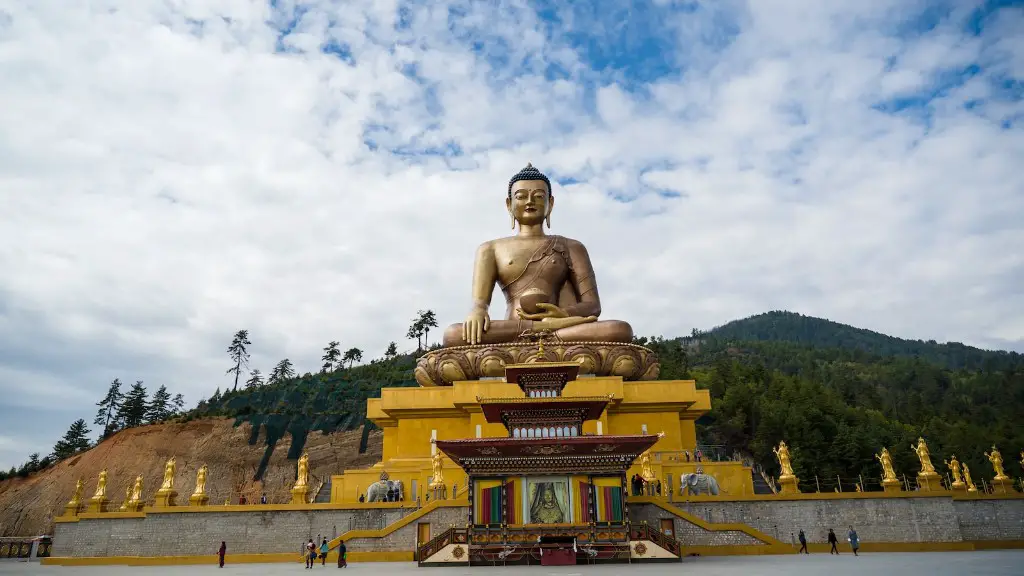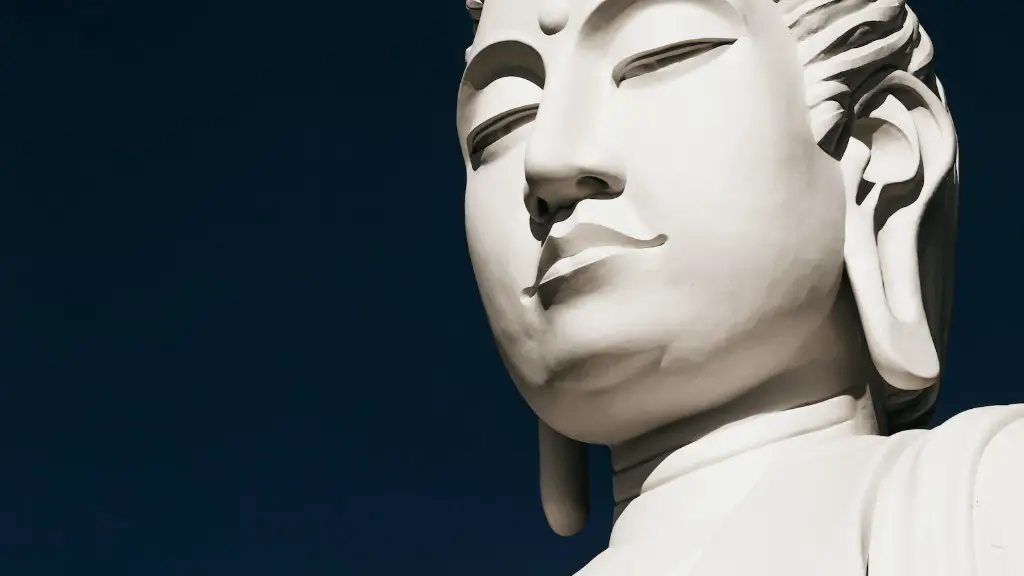Overview
Hinduism is the oldest religion in the world, and it presently respects and worships a vast number of gods. This can make it a bit confusing for the uninitiated, however understanding the roots of the Vedic philosophies and the intricacies of Hinduism helps to demystify its pantheon of gods. All Hindu gods are symbols of power and represent several aspects of the divine. Such symbolism gives Hindus the opportunity to relate to, venerate and develop spiritual intimacy with gods that suit their particular needs and aspirations.
Origin of the Hindu Gods
Hinduism is one of the oldest religious traditions in the world, and its gods can be traced back to the prehistoric roots of the Indus Valley civilization. The concepts of the Trimurti (Brahma, Vishnu, and Shiva) and the Astamurti (Brahma, Vishnu, Shiva, Ganesha, Kartikeya, Saraswati, and Lakshmi) are believed to be the oldest forms of Hindu god worship, and were believed to have been formed by the Rig Veda, which is the oldest of the four Vedas.
Over the course of its long history, the Hindu pantheon of gods has grown to include many gods or gods with multiple identities and functions. In addition to the Trimurti and the Astamurti, the Hindu gods include regional cult gods, avatars, nagas, and asuran demons. Such gods have been venerated in many regions of India, have been passed down orally in myths and stories, and can be found in religious texts such as the Puranas and the Upanishads.
Unifying the Hindu Gods
Traditionally, Hindus seek to unify all of their gods into a single divine being. This is known as Advaita Vedanta, which is the belief that there is only one Supreme Being, identified through various names and forms. Hindus explain that the individual gods are different aspects of the one Supreme Being, and thus there is no need to choose only one god. People can worship as many gods as they like, as long as they understand that all are manifestations of the same divine being.
This philosophy has been embraced by a majority of Hindus, who freely worship multiple gods depending on their particular circumstances. This has allowed for a dynamic and multidimensional faith, in which individuals can feel connected to the divine in their own unique way.
The Significance of Hindu Gods
Hindus believe that their gods are symbols of divine power and truth. Hindus also believe that each god represents certain aspects of that divine power, and thus venerating that particular god symbolically brings one closer to God. This can be a powerful motivator for Hindus to venerate many gods, as each god can offer different types of spiritual benefits. The many gods of Hinduism can thus be seen as representations of and guides to various spiritual paths in life.
Moreover, Hindus venerate their gods as agents of divine energy, whose aid and protection can help them on their spiritual journeys. By worshiping such gods, Hindus are able to form meaningful spiritual connections and bolster their devotion to the divine.
Conclusion
Hinduism is an ancient religion with a vast pantheon of gods. While it may be intimidating for some to try to understand the many gods of Hinduism, a closer look reveals that all of the gods are symbols of divine power, and that worshipping them allows Hindus to stay connected to the divine in their own unique way. Ultimately, the many gods of Hinduism offer people the opportunity to venerate and develop meaningful spiritual relationships with those gods that best suit their individual needs.

